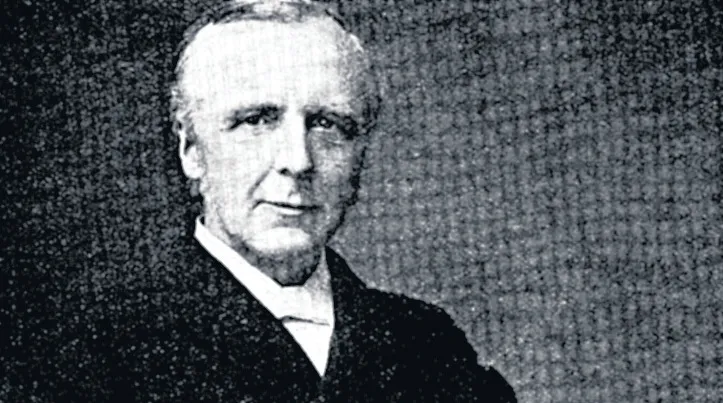‘I believe in the Holy Ghost, I believe in the Holy Ghost.’
It was apparently the habit of the great Baptist preacher, C. H. Spurgeon, to say this quietly under his breath every time he mounted the steps of the pulpit at the Metropolitan Tabernacle in London. Even if the story is apocryphal, Spurgeon’s ministry affirmed the importance of the Spirit’s work: ‘Men might be poor and uneducated, their words might be broken and ungrammatical; but if the might of the Spirit attended them, the humblest evangelist would be more successful than the most learned divine or the most eloquent of preachers.’
Word and Spirit together
One of the features of the Keswick movement throughout its history has been its commitment to ensure that the Word and the Spirit are held together – sometimes powerfully evident, sometimes less so, but always seen as an essential element of evangelical spirituality. We know that often there is an unhealthy polarisation, but any attempt to divorce Word and Spirit is to divide what God has joined together. The Spirit inspired the Scriptures and enlightens the hearers. The Spirit equips us to proclaim the gospel and confess Christ’s Lordship. More than this, we know that the Spirit is the one who convicts us of sin and of our need of Christ, who opens our hearts and minds to the truth of the gospel, who brings us new life and who points us to Christ. And, from Keswick’s beginnings, there has also been considerable stress on the role of the Holy Spirit in enabling every Christian to lead a holy life.










